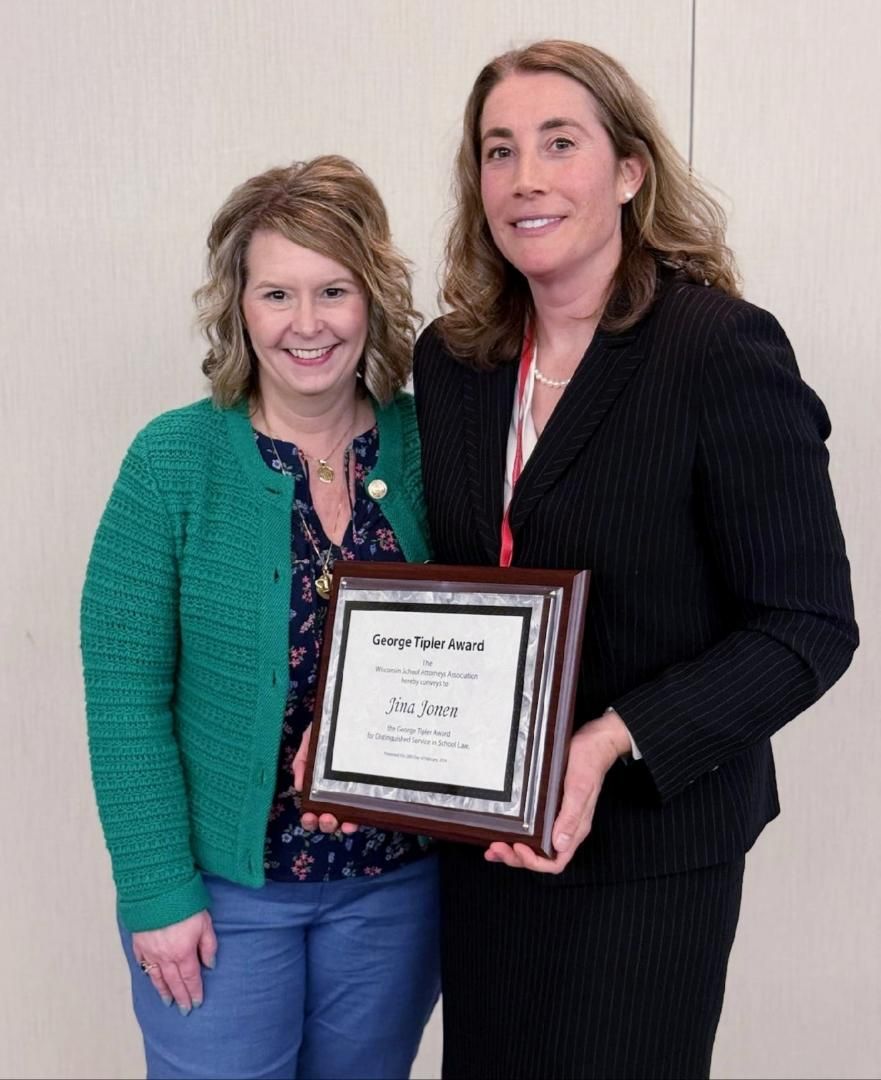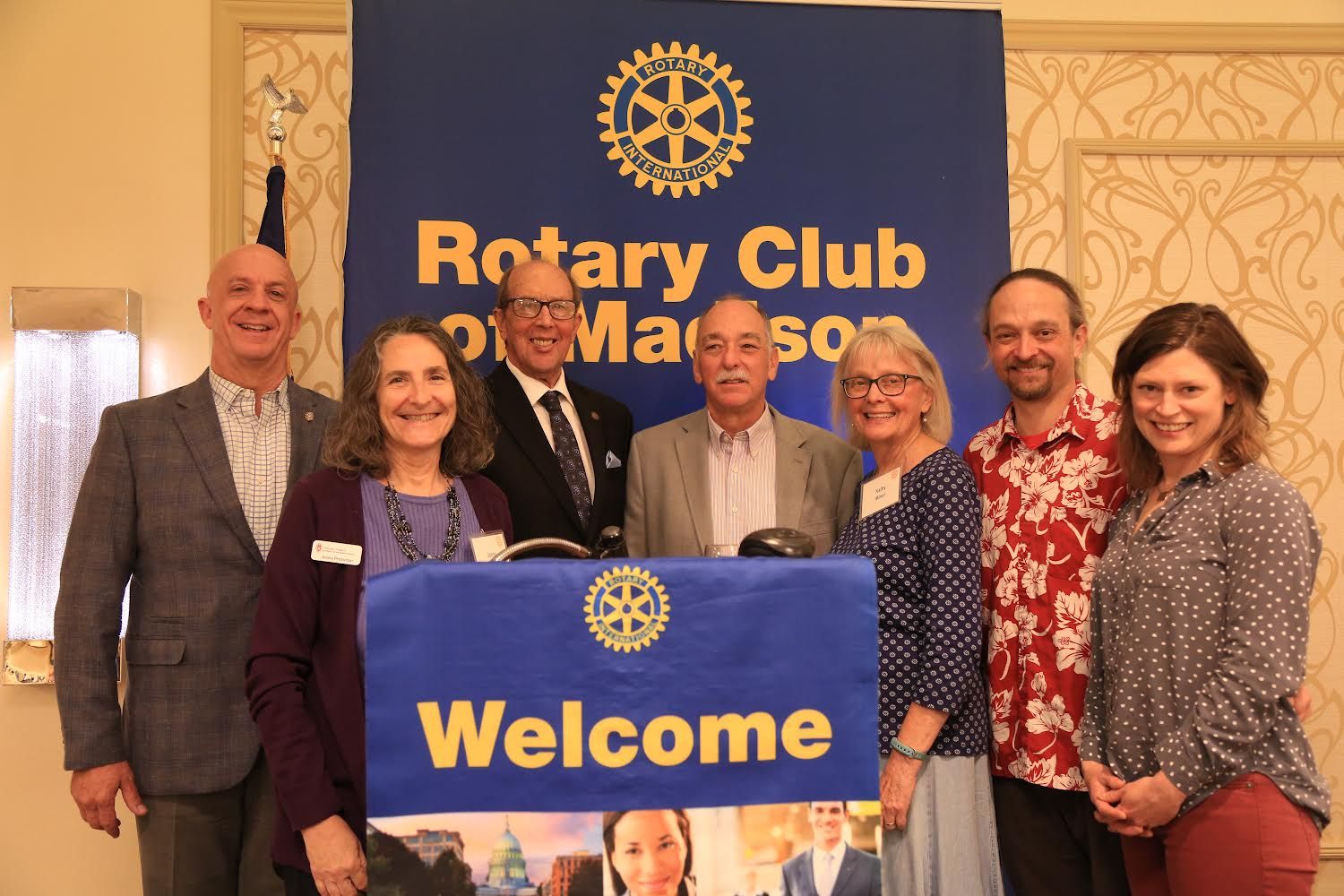Home
>
Suresh Krishna (’59) Recognized in Harvard Business School’s Creating Emerging Markets Project
Suresh Krishna (’59) Recognized in Harvard Business School’s Creating Emerging Markets Project
Suresh Krishna, who earned an MA in Literature from the University of Wisconsin in 1959, was recently featured in Harvard Business School’s Creating Emerging Markets project. The project explores the evolution of business leadership in Africa, Asia, and Latin America throughout recent decades. At its core are interviews, many on video, by the School’s faculty with leaders or former leaders of firms and NGOs, who have had a major impact on their societies and enterprises. They contain compelling insights on entrepreneurship, innovation, family business, and the globalization of firms and brands. Emphasizing ways that businesses can create value for their societies, the program is intended to provide a unique new resource for global research and teaching.
Krishna was recognized for his contributions to the emerging Indian economy as the founder of Sundram Fasteners (SF). The company, established in 1962, is now the largest manufacturer of industrial fasteners in India and a prominent global firm. In his interview with Creating Emerging Markets, Krishna explores the challenges he faced building his business, including the acquisition of foreign technology, the signing of his first major contract with Tata Motors, and his frustrations dealing with the then highly restrictive state-controlled business environment. Within this context, Krishna describes some of the strategies that helped his business thrive. Promoting a transparent corporate culture helped Krishna mitigate employee frustrations and created an atmosphere of inclusiveness, allowing SF to avoid debilitating strikes that plagued similar industries at the time. Krishna’s emphasis on quality production helped SF rise in global prominence by securing global firms as customers.
The liberalization of the Indian economy in 1991 was a major watershed in Krishna’s career, as it allowed his company greater freedom to operate in the international market. Soon thereafter, SF became the global supplier of radiator gaps for General Motors, a milestone achievement both for the company itself and for Indian manufacturing. Indeed, Sundram Fasteners later became the first and only Indian company to receive the “Best Supplier Award” from General Motors. This accomplishment was a springboard to further growth in China and Europe.
Suresh Krishna’s success as a business leader is undisputable, however what makes him truly inspirational is his conception of and commitment to corporate social responsibility. In the interview, he stresses his belief that Indian industry, and Indian business leaders in particular, must take the lead in helping to eradicate poverty in their country. While profit and quality are important, he explains, they should be seen as the “tools to enable the Indian citizenry to achieve a much higher level of self-respect, self-growth, and a certain level of economic comfort.”
To learn more about Suresh Krishna’s contributions to Indian business, and to learn more about the Creating Emerging Markets project, please visit: http://www.hbs.edu/businesshistory/emerging-markets/pages/profile-detail.aspx?profile=skrishna
Excerpt from the interview:
“To me personally, the most important thing for me has been that starting from zero, today we employ about 10,000 people. So 10,000 families have been lifted out of poverty level, and brought to a middle class level. Their boys and girls go to college and the workers who retire come to me and say, “I came to Madras with 200 rupees in my pocket, and because there was no work in the village, I was only tending cows. Now I worked in the company for the last 35 years. I have a son and a daughter. My daughter’s a software engineer. She is married and works in Florida. My son is a doctor, and he’s doing so well. And I’ve got a house. And everything is only because of the company.
I think, philosophically, it’s a very, very important thing, as an Indian, to see that – because what is important in India today? The most important thing in India is to eradicate poverty. Quality is important, tools are important, customer satisfaction is important. Everything’s important, but to me they’re all tools: tools to enable the Indian citizenry to achieve a much higher level of self-respect, self-growth, and a certain level of economic comfort. As long as I can do this without contradicting my business principle of catering to the customer’s needs, I think it’s a fantastic thing.”






